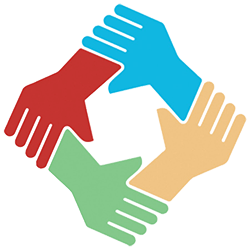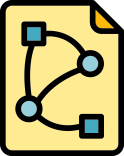
Conver-Stations for Literary Discussion
How does literary analysis make you a more critical reader, writer, or speaker?
Grade Level
9th-12th
Subjects
English Language Arts
Duration
45-60 Minutes
Mode
Face-to-Face
Hybrid
Synchronous Online
Trajectory

Acknowledged
Engages in discussions and activities around representative diversity and individual differences without grappling with structural oppressions. Culture is externalized and the focus is on the abstract. Minor discomfort may be felt and tensions are largely avoided.
Throughlines
Standards

Social Justice
Diversity 6 - Students will express comfort with people who are both similar to and different from them and engage respectfully with all people.
Diversity 7 - Students will develop language and knowledge to accurately and respectfully describe how people (including themselves) are both similar to and different from each other and others in their identity groups.
Identity 3 - Students will recognize that people’s multiple identities interact and create unique and complex individuals.

ISTE NETS
Empowered Learner 1c - Students use technology to seek feedback that informs and improves their practice and to demonstrate their learning in a variety of ways.
Creative Communicator 6c - Students communicate complex ideas clearly and effectively by creating or using a variety of digital objects such as visualizations, models or simulations.
Global Collaborator 7b - Students use collaborative technologies to work with others, including peers, experts or community members, to examine issues and problems from multiple viewpoints.
Global Collaborator 7c - Students contribute constructively to project teams, assuming various roles and responsibilities to work effectively toward a common goal.

